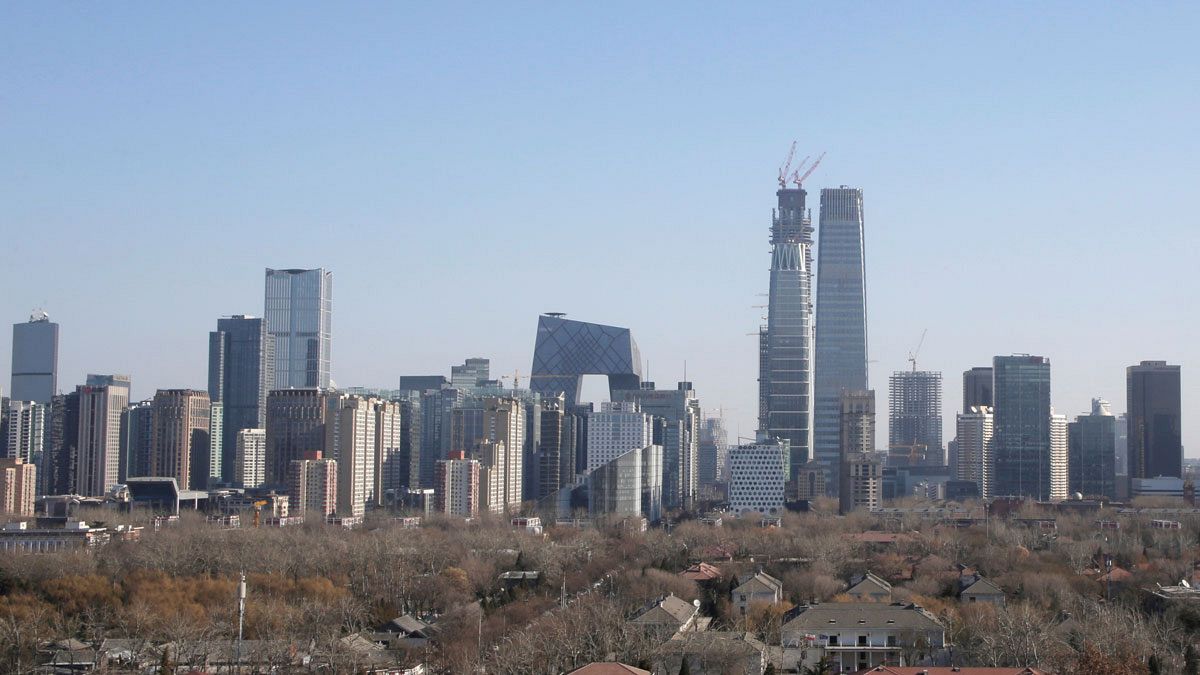More than 50 world industry organisations have urged the Chinese government to delay enforcement of the country’s first cybersecurity law in a letter sent Monday, May…
More than 50 world industry organisations have urged the Chinese government to delay enforcement of the country’s first cybersecurity law in a letter sent Monday, May 15.
Groups such as the European Banking Federation, the US Chamber of Commerce and BusinessEurope, which represent enterprise interests in the EU and six non-EU countries, signed off on the letter which they contend will “erect trade barriers along national boundaries that effectively bar participation in your market”.
The law requires any data collected or generated in the country to be stored in mainland China, creates a variety of restrictions on data transfers out of the country including governmental reviews up to 60 days and calls for internet service providers to collect users personal information.
Failure to comply with the new regulations will invoke penalties ranging from warnings and fines to suspension of operation, freezing of assets and detainment up to 15 days.
It is scheduled to take effect on June 1 and was criticised by Amnesty International as, “a carte blanche to curb the rights to freedom of expression and right to privacy”, and called it ‘draconian’ after its initial passage in November.
In addition to human rights concerns over freedom of expression and right to privacy raised by Amnesty International and other groups, unease over uneven market access and lengthy delays for governmental reviews compound difficulties to successful foreign investment in China. Economist and Explain the Market, Guy Shone discussed the ramifications of the new law with euronews.
“China claims that this law like many others will not be unfairly protectionist to Chinese firms. In practice, however, it is hard to see how long delays for more government reviews won’t give domestic competitors a big advantage.”
Shone says the threat of license loss or freezing of assets will deter some foreign companies from investing in China, but the allure of access to the world’s second largest economy is too good to pass up.
“Trade between the EU and China still adds up to over a billion euros every day and the idea of access to China’s 1.3 billion people (particularly those large numbers of increasingly wealthy customers) remains compelling,” says Shone.
With essentially all industries utilising technology and big data, Shone says the law’s impact will have a wide reach, but he says barriers to entering the Chinese market are nothing new.
“The truth is that it has never been as easy to do business in China as it might have been hoped. There has long been a gap between the alluring rhetoric and the rougher reality. Lots of barriers for European firms exist: legal barriers, standards, and rules around Infrastructure projects approval processes for non Chinese companies. Over the last five years more than one survey has claimed that close to half of all EU companies operating in China missed business opportunities due to market access and regulatory problems.”
The Chinese government contends the law is meant to combat online fraud, better protect personal information by ensuring it is only collected when individuals agree to it and improve national security. Yet Shone and dozens of industry groups say it gives Chinese firms a leg up on the competition.
“China claims that this law like many others will not be unfairly protectionist to Chinese firms. In practice, however, it is hard to see how long delays for more government reviews won’t give domestic competitors a big advantage,” says Shone.
